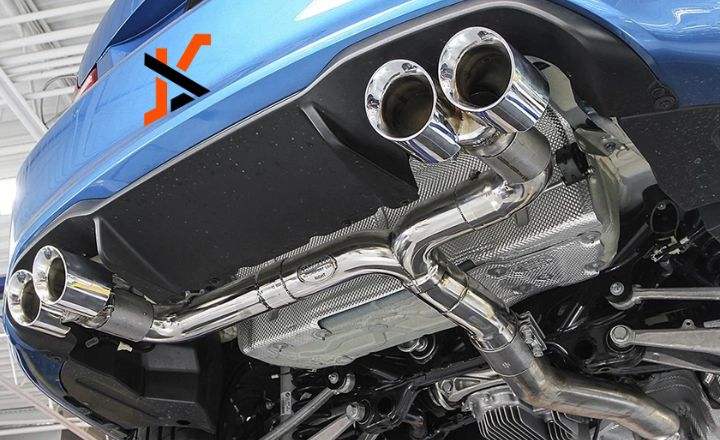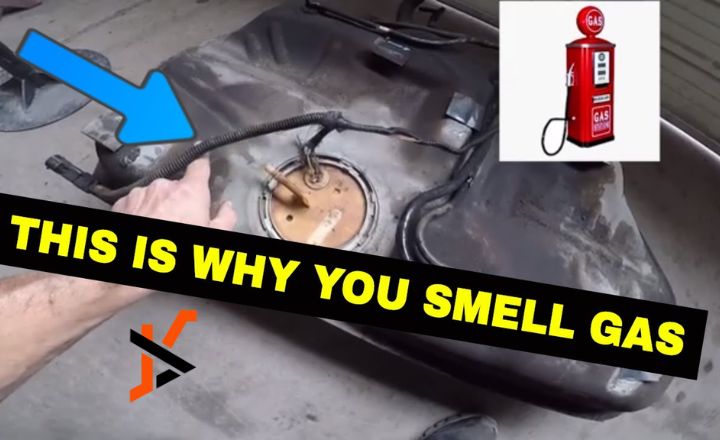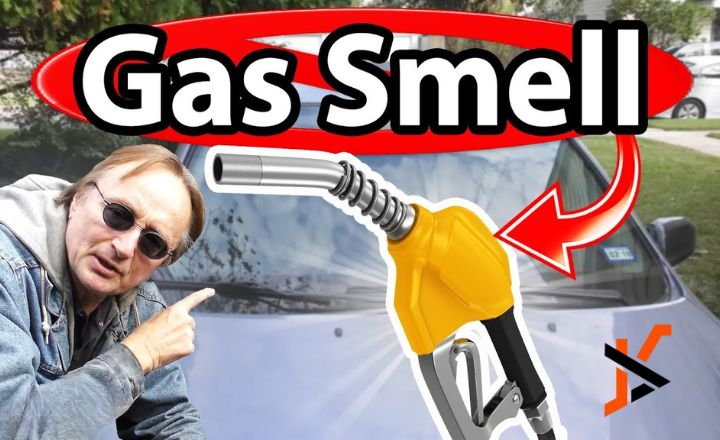If you’ve ever found yourself asking, “Why does my car smell like gas?”, you’re not alone. Many vehicle owners experience this unsettling odor at some point, and it’s essential to address the issue promptly. A gasoline smell emanating from your car can signal a minor problem or a serious safety hazard. In this article, we will explore the potential causes of this gas smell, what it means for your vehicle, and the steps you should take to remedy the situation.
Sources of Gasoline Smells
When you notice a gasoline odor inside or around your vehicle, it can be attributed to several factors. Understanding these sources is crucial for diagnosing the issue effectively. Here are some common reasons why you might be experiencing this unpleasant smell:
1. Fuel Leaks
One of the most common reasons for Why does my car smell like gas. This can occur from various components of the fuel system, including:
- Fuel Lines: Over time, fuel lines can develop cracks or become brittle, especially in older vehicles. The materials used in fuel lines can degrade due to exposure to heat and chemicals. A damaged fuel line can cause gasoline to leak, resulting in a noticeable odor. Regular checks for wear and tear can help prevent this issue.
- Fuel Injectors: If the seals on your fuel injectors are worn or damaged, gasoline can leak out. This not only creates a smell but can also affect engine performance. A buildup of dirt or carbon deposits can also lead to injector issues, so routine maintenance is essential.
- Fuel Tank: The fuel tank itself may develop rust or holes, especially in older models or vehicles exposed to harsh conditions. If you notice corrosion on the tank, it may be time to consider replacement or repair to prevent leaks.
2. Evaporative Emission Control System (EVAP) Issues
Modern vehicles are equipped with an Evaporative Emission Control System (EVAP) designed to prevent gasoline vapors from escaping into the atmosphere. If there is a malfunction in this system, it can lead to a gasoline smell. Common issues include:
- Faulty Charcoal Canister: The charcoal canister absorbs fuel vapors. If it becomes clogged or damaged, it can release fumes instead of containing them. Regular inspections of the EVAP system can help identify problems early.
- Leaking Hoses: Hoses in the EVAP system can crack or become loose, allowing fuel vapors to escape. These hoses are often made from rubber, which can degrade over time. Replacing worn hoses can prevent gas smells and improve efficiency.

3. Vapor Leak from the Engine
Sometimes, the smell of gas can originate from the engine compartment. This can happen due to:
- Worn or Damaged Gaskets: Gaskets that seal various components of the engine can wear out over time, leading to fuel leaks. Engine vibrations and temperature fluctuations can exacerbate this issue. Regular gasket inspections can help catch problems before they lead to leaks.
- Fuel Pressure Regulator Issues: If the fuel pressure regulator is malfunctioning, it can cause excess fuel to leak into the engine. This can not only produce a smell but also lead to engine performance problems. Keeping an eye on engine performance can help detect regulator issues early.
4. Exhaust System Problems
A malfunctioning exhaust system can also produce a gasoline smell. If the exhaust system is not properly venting fumes, you may notice a gas odor inside the vehicle. This can occur due to:
- Leaking Exhaust Manifold: A leak in the exhaust manifold can allow fuel vapors to escape, resulting in a gas smell. This issue can also lead to decreased engine performance, so it’s important to address it promptly.
- Catalytic Converter Issues: If the catalytic converter is not functioning correctly, it may not be processing fuel vapors efficiently, causing odors. Regular checks of the exhaust system can help identify issues that might lead to smells.
Diagnosing the Problem
If you’re concerned about the smell of gas in your vehicle, it’s crucial to diagnose the issue as soon as possible. Here are some steps you can take to identify the source of the problem:
Visual Inspection
Start with a visual inspection of your vehicle. Look for signs of fuel leaks under the car, around the fuel lines, and in the engine compartment. Pay attention to any stains or puddles of gasoline, as these can indicate a leak. Additionally, check for any visible wear or damage to the fuel system components.
Smell Test
If the smell is noticeable inside the vehicle, it may be beneficial to check the cabin air filter. A clogged or dirty filter can trap odors, including gasoline fumes. Replacing the cabin air filter regularly can help improve air quality inside the vehicle. If you suspect the smell is coming from the outside, crack a window and take a short drive to see if the odor persists.
Consult a Professional
If you cannot identify the source of the smell through visual inspection and smell tests, it’s best to consult a professional mechanic. They have the tools and expertise to perform a thorough diagnostic check on your vehicle, identifying any issues with the fuel system, EVAP system, or exhaust components. Mechanics can also use specialized equipment to detect gas leaks that may not be visible to the naked eye.
Safety Precautions
While it’s essential to address the smell of gas promptly, safety should always be your top priority. Here are some precautions to consider:
- Avoid Ignition Sources: If you smell gas, avoid using any devices that could ignite a spark, including cell phones, cigarettes, or even turning on the ignition. If you are in a closed space, such as a garage, ensure proper ventilation. Open doors and windows to allow fresh air to circulate.
- Do Not Drive: If the smell is strong and persistent, it’s best not to drive the vehicle. Instead, have it towed to a repair shop to avoid any potential hazards. Driving a vehicle with a gas smell can put both you and others at risk, as it may lead to an explosion if the fumes come into contact with a spark.

Conclusion
If you ever find yourself wondering, “Why does my car smell like gas?”, it’s essential to take the situation seriously. Gasoline odors can stem from various issues, ranging from minor spills to serious fuel leaks. By understanding the potential causes and taking appropriate action, you can ensure your vehicle remains safe and functional.
Whether through visual inspections, consulting a professional mechanic, or implementing preventive measures, addressing the problem promptly will not only enhance your driving experience but also ensure the safety of you and your passengers. Don’t ignore that gas smell.

